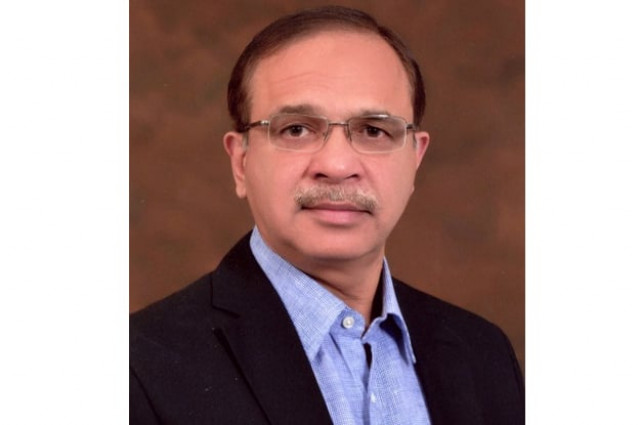Failing system: SHC blames bad governance for uncivilized behaviors
Bad governance is giving rise to uncivilised behavior, says Arab

Sindh High Court (SHC) Chief Justice Faisal Arab. PHOTO: www.sindhhighcourt.gov.pk
Addressing the International Conference on Legal Education 2015, held for the training of the newly appointed judicial officers, the SHC chief justice said it was the justice system, which had made the West civilised.
He observed that the weaker segments of society have been deprived of their rights at the hands of the people who wield power and authority. He said many who have suffered injustice do not go to court, as they believe the judicial system is weak and slow and would not come to their aid.
Arab said for those who come to the court, the court must provide justice. Urging the judicial officers to dispense speedy justice to the masses, he said the courts should not take years to do something, which could be done in weeks.
He asked the newly appointed judges to always keep in mind that the society for whom they had been selected to serve was suffering. "Injustice is rampant. Society is crying for help," he claimed.
He stated that, for the deficiency in the country's judicial system, the executive and judiciary were to be equally at fault. He opined that bad governance has given rise to unnecessary litigation and uncivilised behavior.
Arab said he himself was hearing a lot of complaints about the judiciary and the most common complaints were that the cases were not being disposed of efficiently. He said this was not only because of the lack of judges or necessary infrastructure but due to the lethargy of many judicial officers. "The judiciary on its part also needs to better its performance," he added and asked the judges to make efforts for the dispensation of justice within the confines of the law.
He said of the 2,000 applicants, a batch of 77 judges was inducted. The successful candidates include 13 female judges and five from religious minorities.



















COMMENTS
Comments are moderated and generally will be posted if they are on-topic and not abusive.
For more information, please see our Comments FAQ